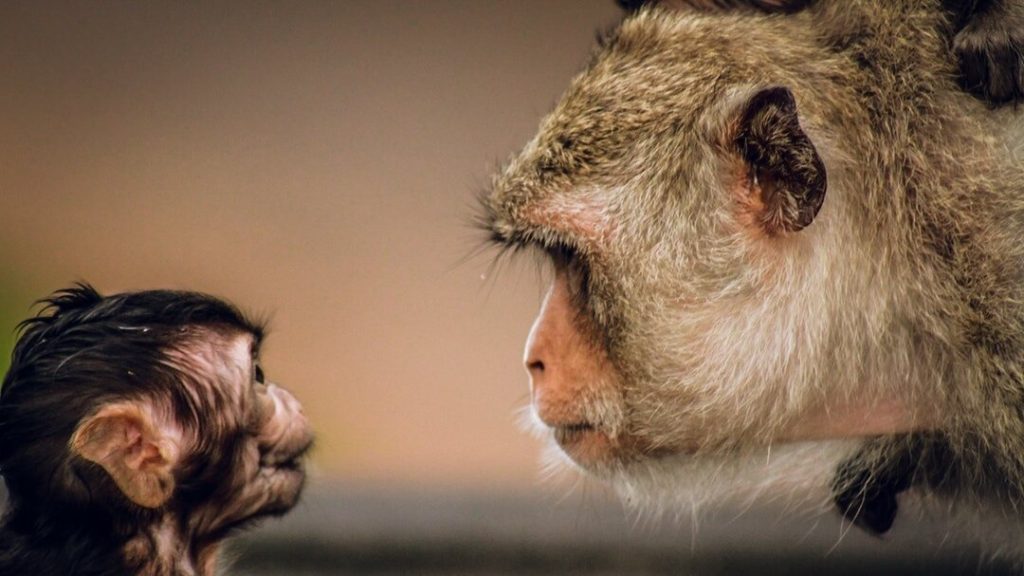Washington D.C. has banned a well-known circus from using animals in its performances.
Garden Bros. Circus has been performing for 100 years. As part of its current tour, it was due to perform in the capital of the United States last weekend. Garden Bros. advertised that its show would include elephants, “racing camels performing with the largest and smallest horses on earth,” and that it would allow children to ride an elephant, a camel, and a pony.
However, DC Health denied the circus group an Exotic Animal Permit, meaning its scheduled shows could continue but only with human performers.
Animal welfare concerns were behind the move. Garden Bros. has come under fire for its cruelty toward animals; People for the Ethical Treatment of Animals (PETA) explained that workers at the circus have been caught striking an elephant in the face with a bullhook, whipping a llama, and forcing lame elephants to perform tricks and give rides. The circus has also neglected to provide veterinary care to injured animals.
Garden Bros. was given an “F” rating from the Better Business Bureau (BBB), a private, non-profit organization that works to improve market trust.

Multiple venues around the U.S. have canceled the circus’ performances after learning about its poor animal welfare standards. After a conversation with PETA, Greenville Convention Center in South Carolina committed to banning Garden Bros. from performing, as well as all other circuses that involve animals.
An event in Lancaster, California, canceled Garden Bros’ performances, and Walpole, Massachusetts, denied the circus a permit after receiving information about its cruel treatment of wild animals.
PETA highlighted that more than 650 retail venues prohibit or restrict circuses with animals, adding that the “number will continue to grow.”
Circus Animal Cruelty
More people are choosing to boycott entertainment that relies on animal exploitation, and the shift in public opinion is motivating many governments to act.
Late last year, Hawaii banned the use of wild animals in circuses, becoming the second state to do so after New Jersey. In November, Portugal passed a similar ban. The law passed by parliament means that more than 1,000 different animals including lions, ostriches, camels, penguins, elephants, and rhinos will no longer be forced to perform.
When Italy enacted its ban and closed 100 circuses, it saved 2,000 animals.


